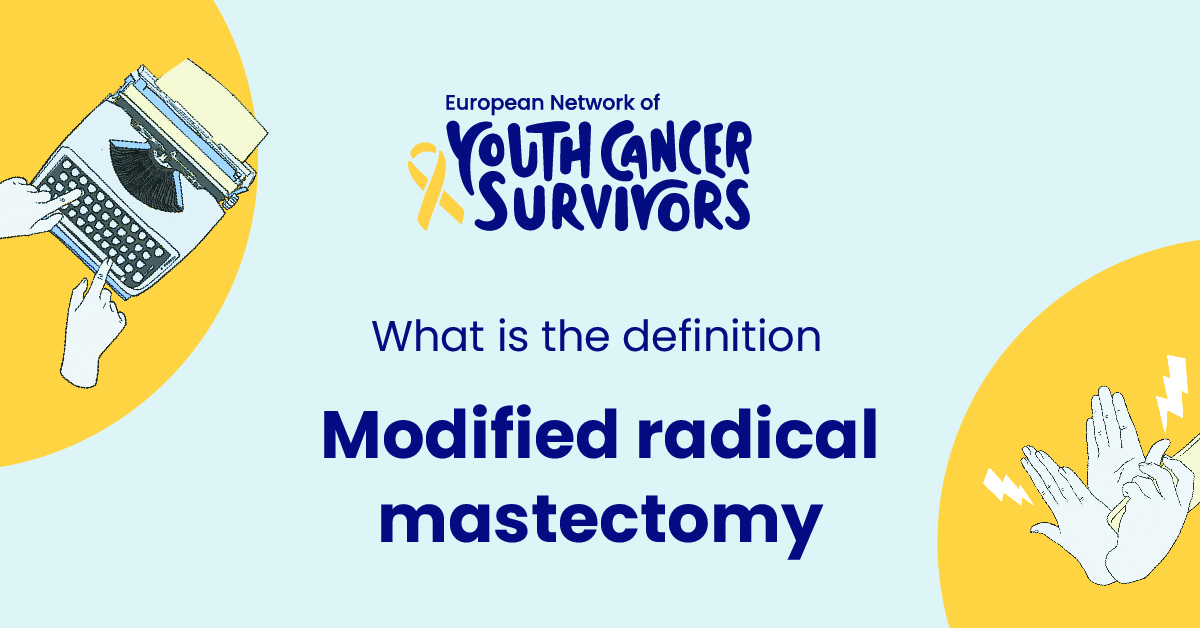
Breast cancer continues to be a potent threat to women’s health worldwide. Sometimes, this battle involves removing the tumor through a surgical procedure known as a mastectomy. The varying degrees and types of mastectomies are selected based on several factors, such as the stage of cancer and the physical condition of the patient.
One such procedure is the Modified Radical Mastectomy, which can be a decisive step in combatting and eliminating breast cancer. This article will delve into understanding this procedure, differentiating it from other forms of mastectomy, and outlining its significance and implications.
Definition of Modified Radical Mastectomy
In-Depth Description of the Procedure
A Modified Radical Mastectomy (MRM) involves surgical removal of the entire breast, including the nipple, areola, and skin. Moreover, most of the lymph nodes under the arm (called axillary lymph nodes) are removed, which distinguishes this procedure from other mastectomy types.
Historical Context and Modern Adaptations
Historically, Radical Mastectomy, which involved removing the entire breast, lymph nodes, and chest wall muscles, was the standard practice. However, with advancements in medical technology and a better understanding of breast cancer, less extreme forms like MRM came into play, proving to be equally effective and less disfiguring.
Difference between Modified Radical Mastectomy and Other Types of Mastectomy
Standard Mastectomy: What is it and When is it used?
A standard or total mastectomy involves the removal of breast tissue, nipple, areola, and skin, but unlike an MRM, it doesn’t typically involve the removal of lymph nodes. It’s usually recommended to patients with multiple or large areas of ductal carcinoma in situ (DCIS) and for prophylactic removal of the second breast in high-risk patients.
Comparing and Contrasting Modified Radical Mastectomy with Simple Mastectomy
While both procedures involve the total removal of breast tissue, the key difference lies in the scope of lymph node removal. An MRM includes axillary lymph node dissection, which is generally omitted in a simple or total mastectomy. Deciding between the two often depends on the cancer’s spread to the lymph nodes.
Other Types: Radical mastectomy, Skin-Sparing Mastectomy and Nipple-Sparing Mastectomy
While MRM and Simple Mastectomy are common, there are other types like Radical Mastectomy, Skin-Sparing, and Nipple-Sparing Mastectomy. Radical Mastectomy is seldom used today and involves the removal of breast, axillary lymph nodes, and chest muscles. Skin-sparing and nipple-sparing mastectomies aim for better cosmetic results by preserving the skin envelope or nipple and are often followed by immediate reconstruction.
The Procedure of Modified Radical Mastectomy: Step-by-Step Overview
Preoperative Preparation
Prior to the surgery, doctors gather essential information about the patient’s overall health and specific breast condition. Investigations such as blood tests, liver function tests, chest X-rays, electrocardiograms (ECGs), and mammograms play an integral role in drawing an accurate picture of the patient’s health landscape. Particular care is taken to prevent potential bleeding or infection issues.
Detailing the Surgical Procedure
The procedure starts with general anesthesia, followed by an incision made on the breast. The surgeon then removes the entire breast tissue, including the nipple and areola. The removal of the lymph nodes is part of this procedure, which is confirmed using a pathology examination. The incision is then closed and bandaged.
Post-Operative Considerations and Recovery
Initial recovery duration ranges between a few days to a week in the hospital, depending on the patient’s overall health. Pain management, wound care, and arm exercises to prevent stiffness are part of the immediate postoperative care. Patients should also be aware of potential complications like infections, lymphedema, and shoulder movement restrictions.
Get to know us better
If you are reading this, you are in the right place – we do not care who you are and what you do, press the button and follow discussions live

Why a Modified Radical Mastectomy Could be the Recommended Treatment
Unpacking the Benefits
The MRM holds significant benefits in treating invasive breast cancer. Removing lymph nodes, allows for an accurate assessment of cancer spread, guiding the need for further treatment like chemotherapy or radiation. Given its comprehensive approach, it might decrease the chance of cancer recurrence.
Situations Recommending Modified Radical Mastectomy
This procedure might be recommended in cases where the cancer has spread to the lymph nodes or when the tumor is large relative to breast size. It can be a part of the treatment plan for widespread non-invasive cancers or for recurrent cancer in the breast.
Understanding the Risks
Like any surgical procedure, MRM carries risks including bleeding, infection, pain, and possible long-term arm swelling due to lymph node removal. The potential impact on body image and sexual health should also be considered.
Life Post-Modified Radical Mastectomy
Physical and Emotional Recovery
Recovery post-MRM extends beyond wound healing. Patients might need physical therapy for arm movement and strength and psychological support to cope with body image changes and fierce emotions like anxiety and grief.
Potential Complications and their Management
Potential complications include wound infection, lymphedema, and limited arm motion. These can be managed through antibiotics, lymphedema therapy, and consistent physical therapy.
Breast Reconstruction Options
Patients may opt for breast reconstruction post-MRM either immediately or at a later stage. Options include implant reconstruction or autologous (using your own tissue) reconstruction. The choice depends on personal preference, medical condition, and the need for further cancer treatments.
Conclusion
A Modified Radical Mastectomy is a comprehensive surgical intervention that is fitting in specific invasive breast cancer situations. Understanding the nuances of this potentially life-saving procedure equips patients for a more informed dialogue with their care team.
The constantly advancing medical field suggests future prospects for less invasive and more effective breast cancer treatment methods, helping to pave a hopeful path for patients.
FAQs:
- What is the main difference between a radical mastectomy and a modified radical mastectomy?
The main difference lies in the muscle removal. While both procedures remove the whole breast and most of the axillary lymph nodes, a radical mastectomy additionally removes the chest wall muscles under the breast.
- How long does recovery typically take after a modified radical mastectomy?
Initial recovery generally takes 3 to 6 weeks. However, the total recovery time varies as it includes physical therapy and emotional healing.
- How effective is a modified radical mastectomy in treating breast cancer?
MRM is quite effective in treating invasive breast cancer, especially when the cancer has spread to the axillary lymph nodes or when the tumor is large.
- Are there any potential complications or side effects post-surgery?
Potential complications include wound infection, bleeding, pain or numbness in the chest wall, and lymphedema (arm swelling on the side of the surgery).
- What are the reconstruction options after a modified radical mastectomy?
Reconstruction options include implant-based reconstruction and autologous reconstruction (which uses tissue from another part of the patient’s body).







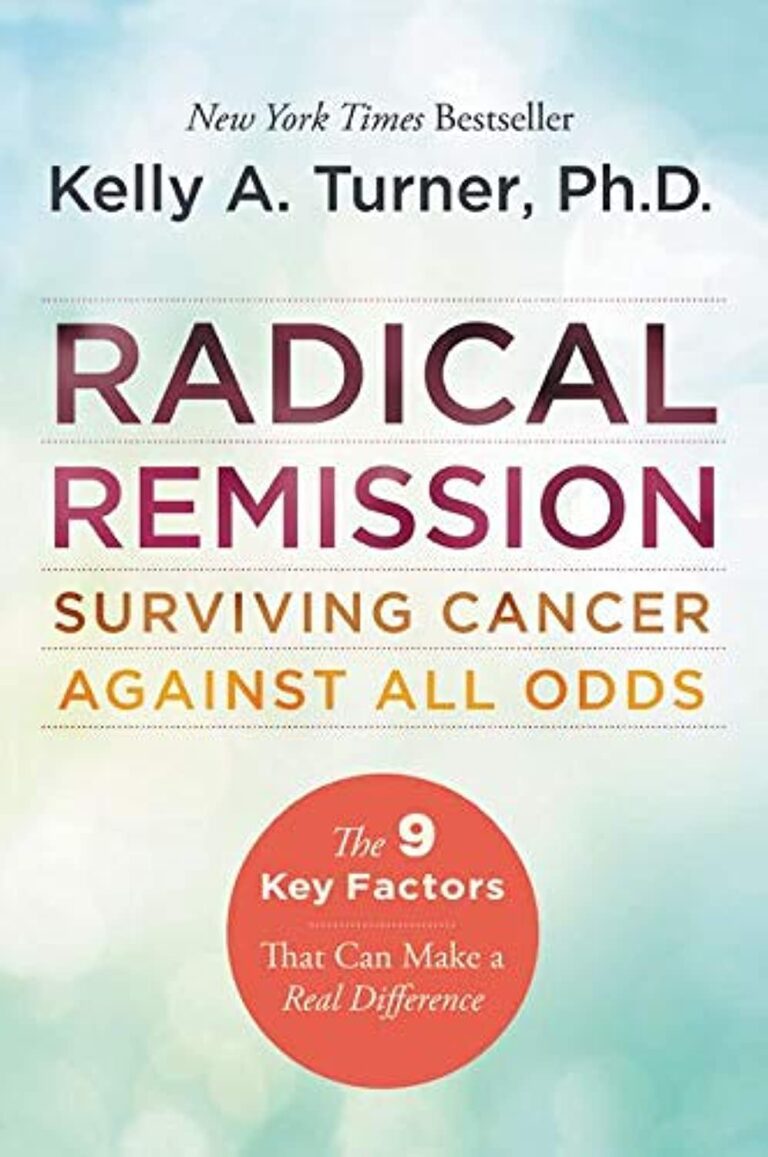
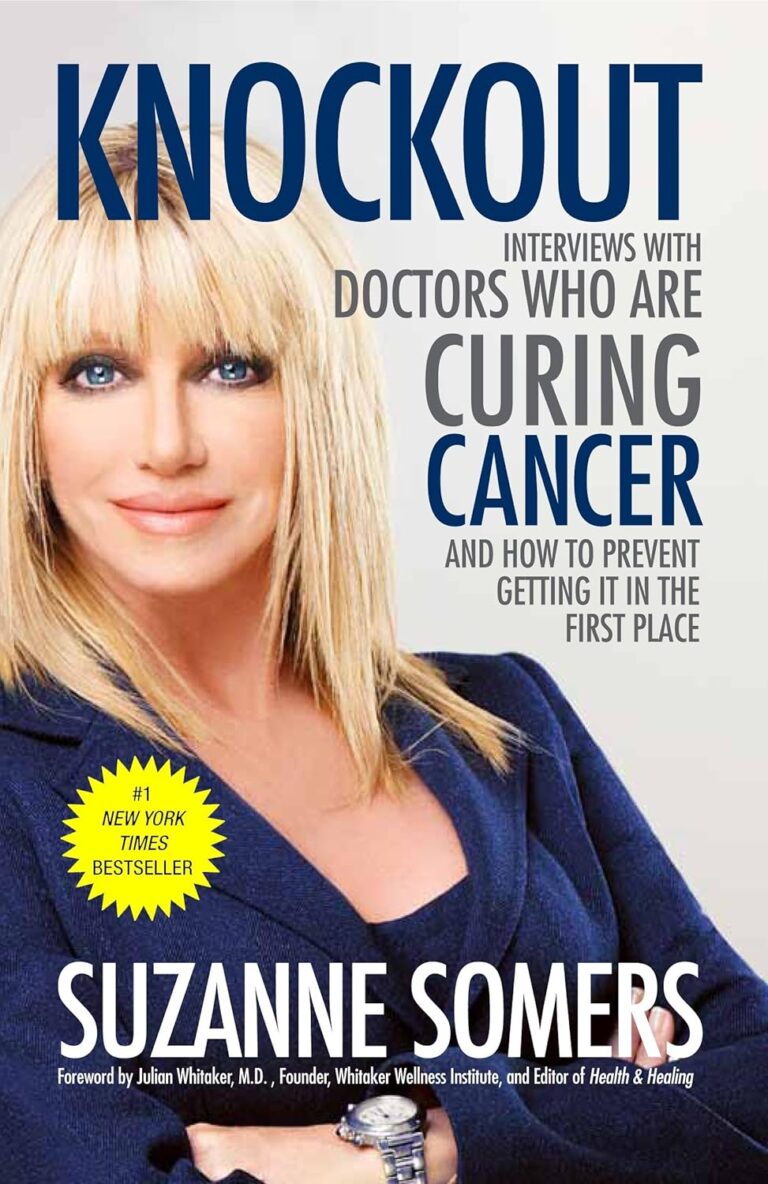
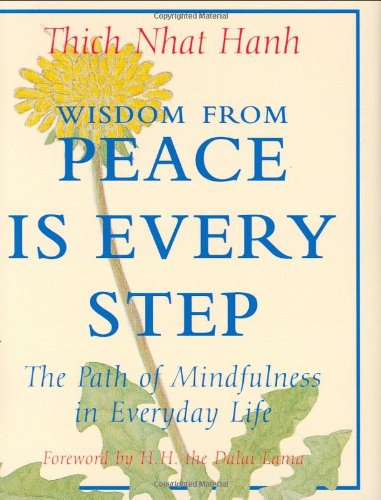
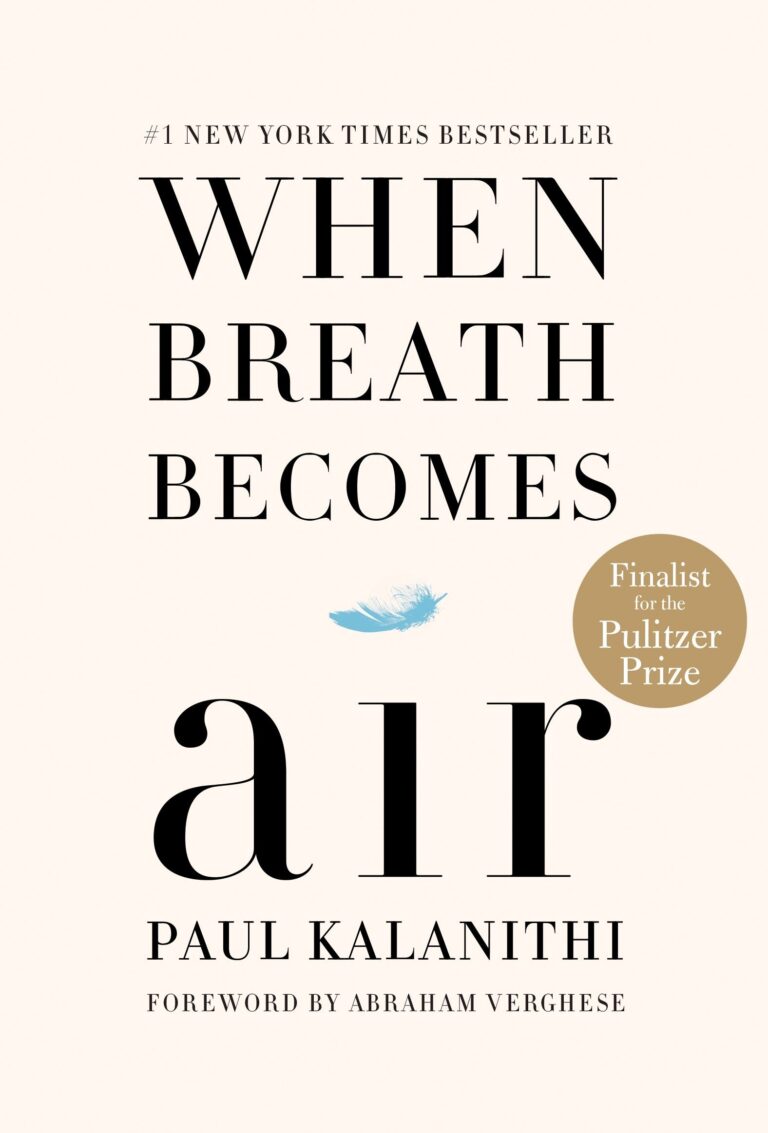

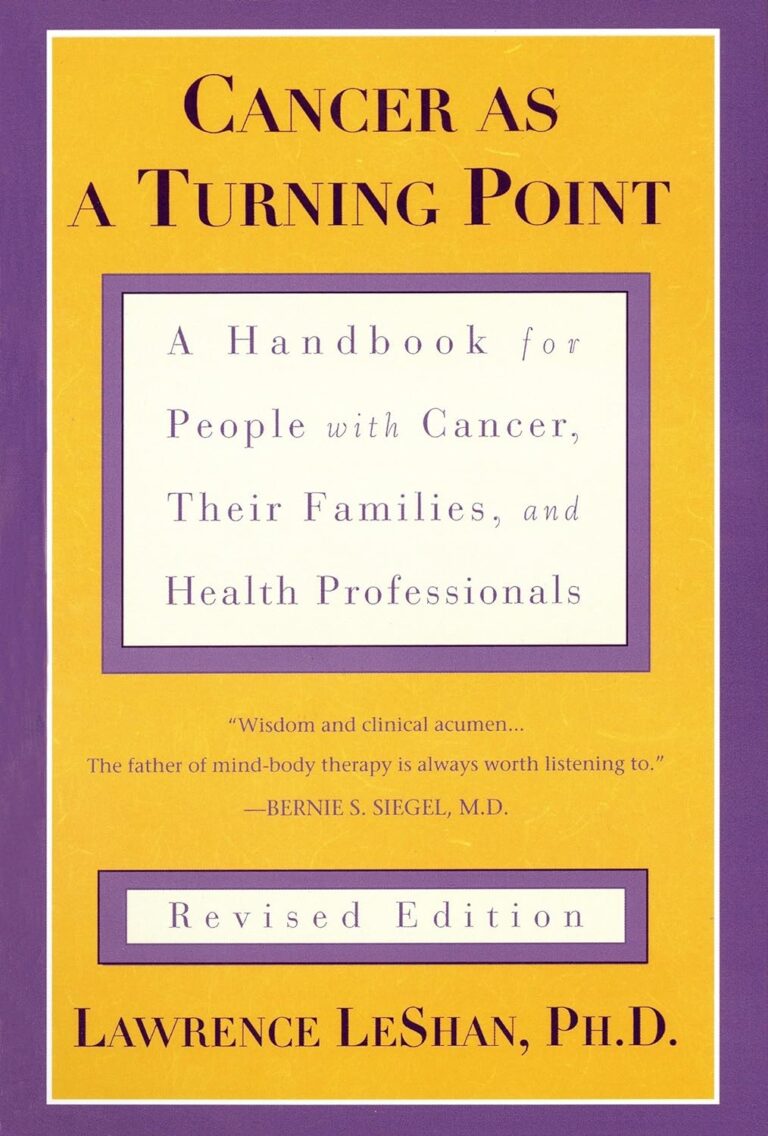
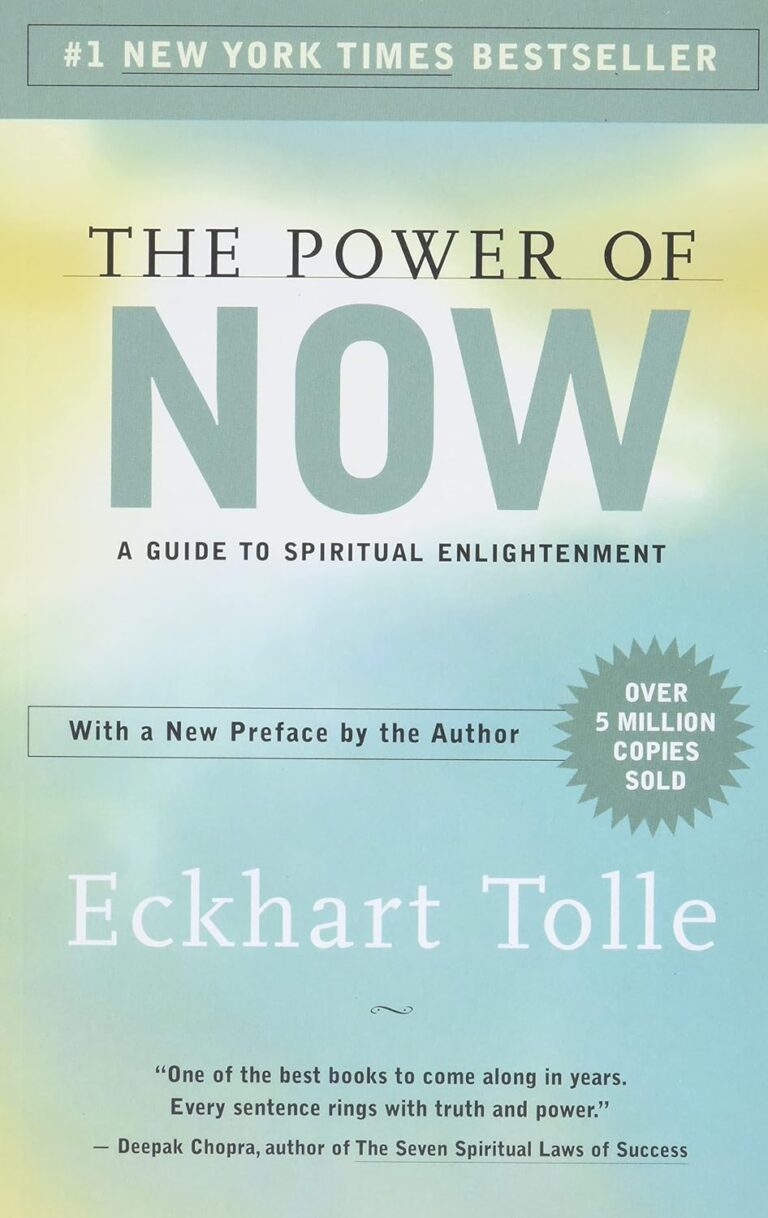

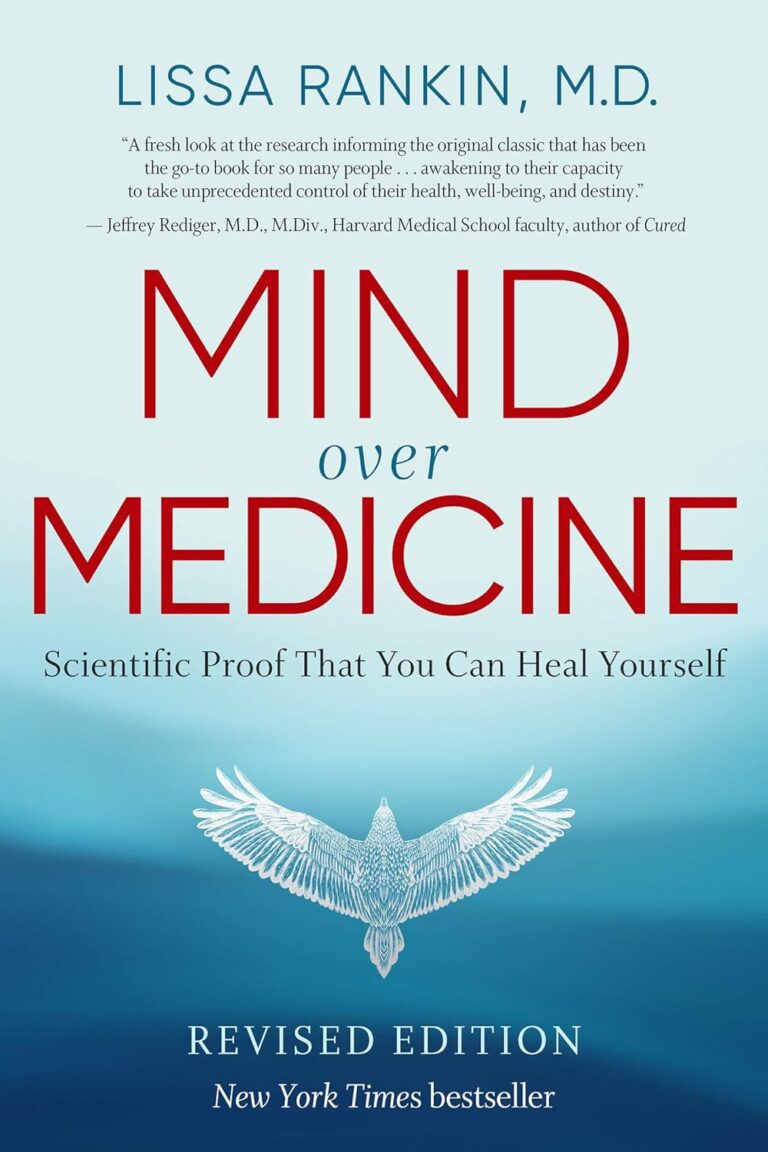

Comments
Thank you. Comment sent for approval.
Something is wrong, try again later